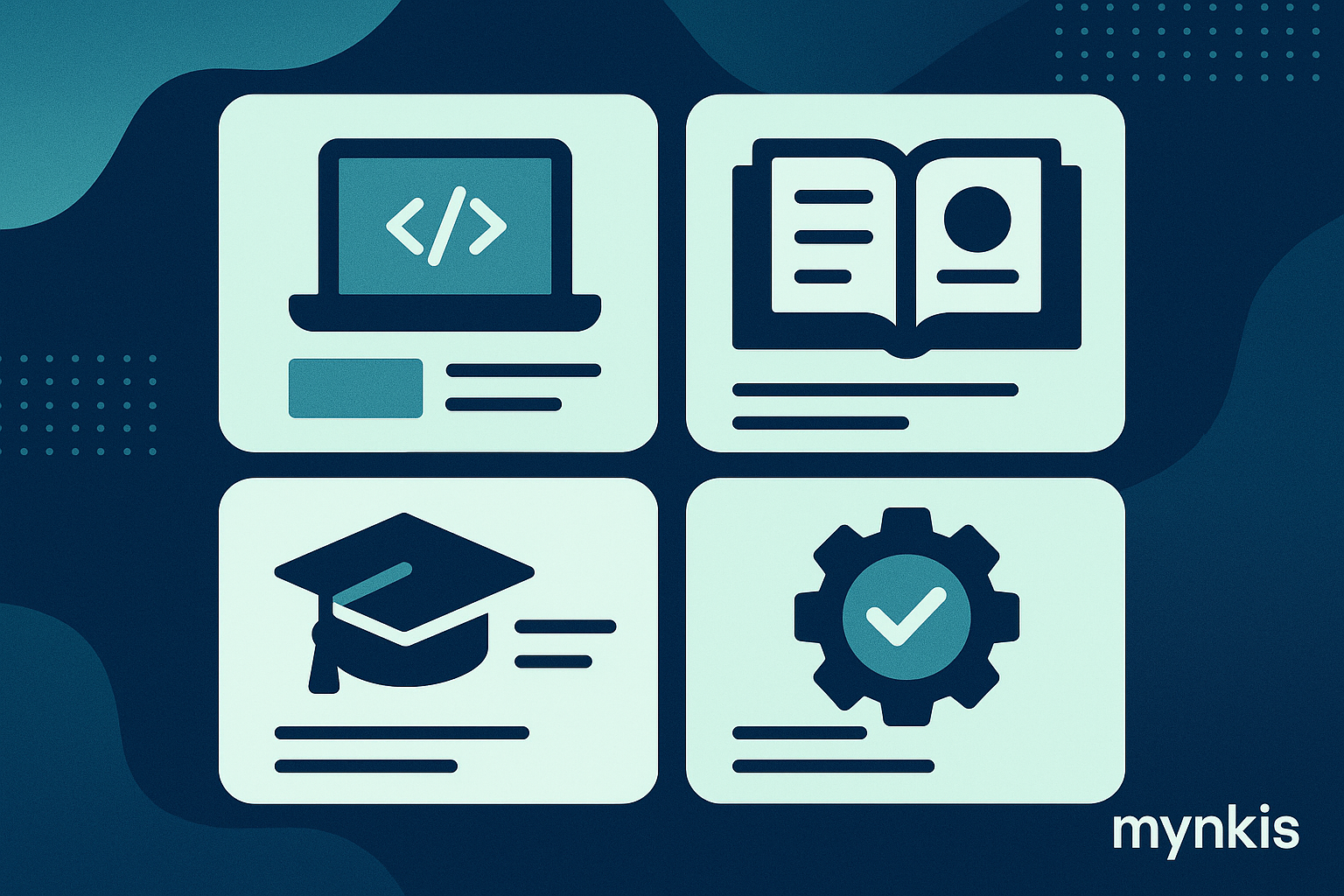Schedule a Demo
The success of a learning management system or educational website isn't just about what's under the hood. The front-end user experience can make or break student engagement and ease of use. From an intuitive navigation to responsive design that adapts to various devices, the skills of front-end developers are pivotal. These professionals shape how learners interact with content, how administrators manage their systems, and how search engines rank these platforms.
In the realm of educational technology, a seamless User Interface (UI) combined with an effective User Experience (UX) design drives student participation. Good UI/UX in this sector reduces the learning curve, making online education as natural and engaging as traditional classroom experiences. Front-end developers skilled in this arena craft custom layouts that feel personal yet professional, aligning with the institution's branding while catering to the diverse needs of students, educators, and administrators.
With students accessing educational content from smartphones, tablets, laptops, and more, the need for responsive design is non-negotiable. A front-end developer should not just design for a single device but ensure that learning platforms stretch and shrink effectively across all. This not only enhances usability but also plays a significant role in SEO as search engines favor mobile-friendly websites.
JavaScript reigns supreme for interactivity on the web. A front-end developer proficient in JavaScript can create dynamic web applications that enhance learning. From real-time quizzes to interactive whiteboards, JavaScript fuels custom tools that make educational platforms not just a repository of content, but an active learning space. Additionally, a strong grasp of JavaScript libraries and frameworks can elevate a site's performance and optimize its functionality.
SEO starts long before the first line of back-end code is written. The front-end developer must consider best practices for optimizing page elements to gain higher search visibility. Factors such as correct meta tags, speed optimization, and structured data fall into the front-end's purview. Ensuring that the educational site gets ample traffic directly influences the impact and reach of educational content, benefiting both the institution and its users.
An educational platform needs to be accessible to all learners, including those with disabilities. Front-end developers play a critical role here, incorporating web accessibility standards into their designs. This includes appropriate contrast ratios, alt text for images, and keyboard navigation, ensuring that the learning experience is inclusive and compliant with legal requirements.
Today's educational systems thrive on data. Front-end developers should facilitate the integration of learning analytics tools that provide insights into user behavior. By implementing these tools effectively, educators can adjust their teaching methods and content based on real data, enhancing the overall efficacy of online learning systems.
Web development standards evolve, and those working on educational platforms must keep pace. Adherence to HTML5, CSS3, and the latest accessibility and SEO guidelines ensures that the site remains current and effective. Front-end developers must also be adaptable, ready to implement new features and technologies that enhance the educational value of the platform.
Standard out-of-the-box solutions may not fully meet the complex needs of educational institutions. Custom front-end development allows for tailored user experiences that align with specific pedagogical goals. When schools and universities invest in developers with deep skills in customization, they create platforms that reflect their unique teaching philosophies and cultural ethos.
Building and maintaining a platform for education is a team effort. Front-end developers must work closely with back-end developers, educators, instructional designers, and content creators. Effective communication and the ability to translate educational needs into technical solutions are essential skills. Collaboration ensures that the end product truly serves its educational purpose.
Page load speeds and smooth performance are critical in keeping students engaged. Front-end developers proficient in performance optimization employ techniques like minification, compression, and asynchronous loading to deliver swift page load times. A high-performing site is not only SEO-friendly but also enhances the user experience, reducing dropout rates from educational platforms.
Educational tools as progressive web apps (PWAs) offer offline capabilities, enhanced speed, and near-native app experiences. Front-end developers with PWA skills can build learning platforms that work seamlessly, regardless of internet connection strength or device type. This technology can dramatically change how accessible and engaging educational content is for users globally.
Beyond technical proficiency, a front-end developer for educational platforms needs a sense of educational mission. They must appreciate the nuances of teaching and learning, whether incorporating game-based learning elements or facilitating community-building features. This holistic approach results in platforms that not only function well but also enrich the learning ecosystem.
The educational sector, rife with innovation, demands that front-end developers maintain a mindset of continuous learning. Adapting to new educational methodologies, staying abreast of UX design trends, and mastering new front-end technologies are all part of the job. Developers who commit to lifelong learning can significantly influence the future of online education.
